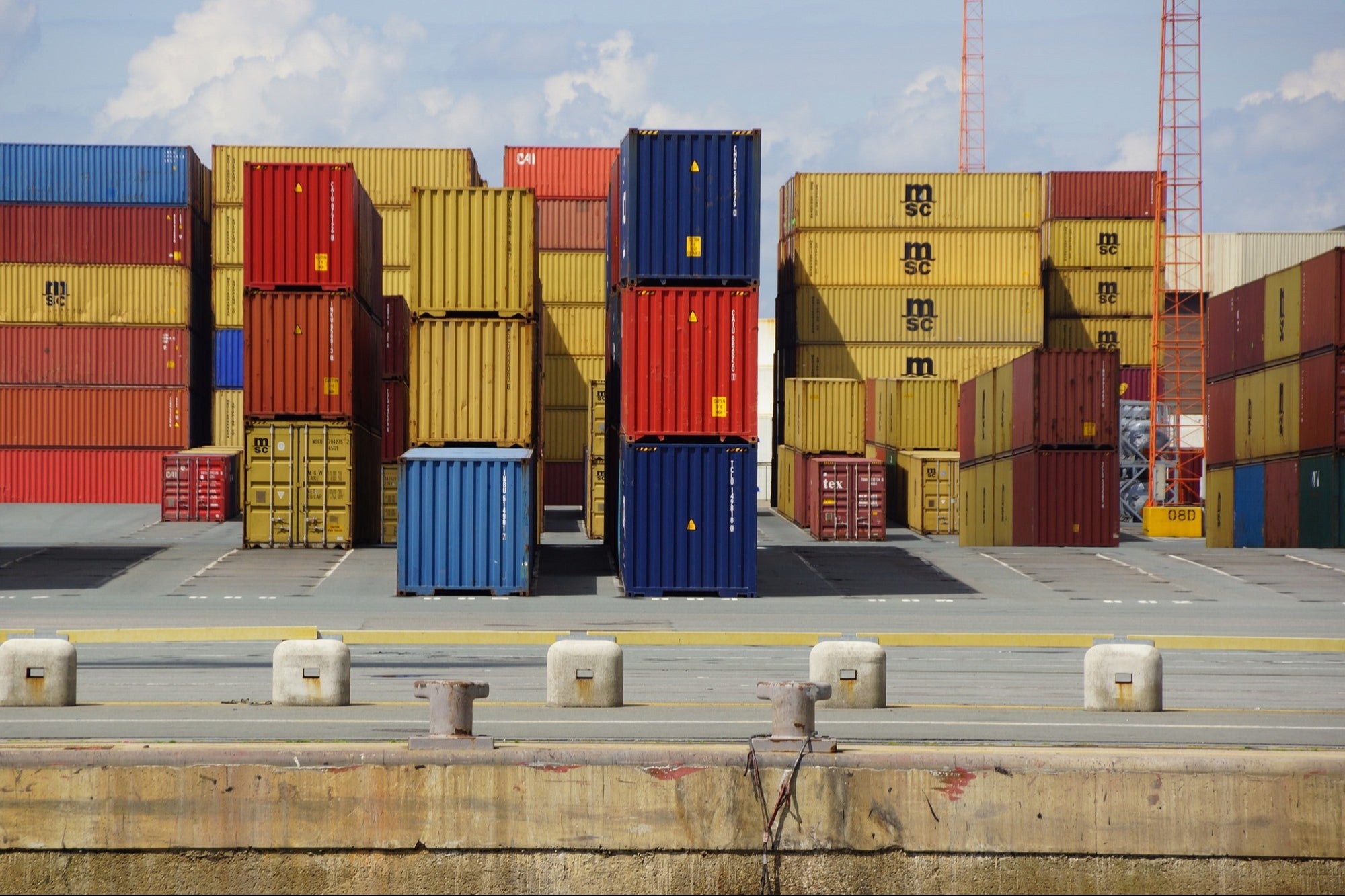Emerging Trends In the Procurement And Supply Chain Industry In the Post-COVID Era Companies are struggling to keep pace with new shifts and disruptions in the procurement and supply chain processes
By Akash Hegde
Opinions expressed by Entrepreneur contributors are their own.
You're reading Entrepreneur India, an international franchise of Entrepreneur Media.

The COVID-19 pandemic has impacted the lives and livelihood of people all around the world. While the scale of the pandemic's damage is still unknown, it is clear that the pandemic has wreaked havoc on the global economy and world order. Businesses around the world, employing both B2B and B2C business models, have borne the brunt of the lockdown and are only gradually moving towards the path of normalcy. Unfortunately, the road to recovery is not a straight-forward one, rather a long winding one.
Organizations are facing umpteen challenges in keeping their financial wheels running. Less demand, erratic supply of raw material and manpower, and the general uncertainty in the global economic environment have made matters worse. Additionally, companies are struggling to keep pace with new shifts and disruptions in the procurement and supply chain processes.
In the post-pandemic world, business owners, entrepreneurs, decision-makers and founders, especially the ones running procurement and supply chain companies, will have to adapt to a new set of rules and transform their businesses so that they can survive in the short term and become profitable in the long term.
Companies embracing digital
Even in the pre-COVID era, digitization was considered the best way to transform businesses, but the issue was that most companies were slow in adopting digital. Now, after the economic shock caused by the pandemic, businesses will have to advance their digitization and automation roadmaps to become lean, cut unwanted costs and bring in efficiencies.
Companies are adopting AI-driven procurement processes that enable them to choose cheaper suppliers, automate bidding, forecast business risks, prepare quick contracts and streamline purchasing. Realizing the importance of strategic source-to-pay processes, businesses are moving away from conventional paper-based processes and adopting intelligent digital methods to weed out inefficiencies and enhance value.
Organizations need to adopt a data-driven procurement strategy that includes identifying opportunities, ensuring fact-based decisions, and coming up with results that can be tracked and measured.
The shift in industry spending
The pandemic has thrown the world into chaos. Irrespective of company size, industry sector, or geographical location, most businesses are reducing their spending and seeking long-term sustainability in the "new normal'. Companies in the healthcare, logistics, technology and media sectors are witnessing an increase in spending because these companies had to invest in unplanned remote workforces virtually overnight. In contrast, companies in the travel, hospitality, and energy sectors are trying to conserve cash as the dip in demand has severely affected their businesses.
The shift in consumer spending
Just like company spending, consumer spending has also changed as the pandemic spread throughout the world. COVID-19 had practically brought the economy to a standstill with only a handful of essential services being allowed. This disrupted the functioning of the circular economy and hit demand severely. As a result of falling demand, many companies had to cut costs and lay-off employees. This in-turn affected purchasing power and further worsened demand. With uncertain futures and less disposable income, consumers were forced to curtail their discretionary spending and spend only essential goods and services.
Increased emphasis on health and safety
Even though companies have taken steps to reduce the number of face-to-face interactions between customers and their staff, they still have to run logistics set-ups and deliver goods physically. Implementing hygienic practices in the packaging of products and services, in distribution and support centers, is essential for the safety of employees as well as customers. The use of safety and PPE essentials such as facemasks, gloves, disinfectant, etc., will boost business reputation and reliability. Moreover, new measures such as encouraging employees to work-from-home, while maintaining collaboration among teams can also lead to increased productivity.
Exploring remote markets and scouting new business models
Necessity is the mother of invention, and the coronavirus pandemic has allowed businesses to explore new remote markets that can not only be a temporary solution to depleting sales but also become stable revenue streams in the future. The trend of distant selling has increased due to the lockdowns and quarantines that have forced people to stay at home. The pandemic has forced a lot of traditional consumers to try out online shopping for the first time. Companies will have to quickly turbocharge their e-commerce sales channels in order to capitalize on this second-coming of electronic commerce.
When conventional ways of doing business are not working, companies need to explore new business models. For instance, online commerce companies dealing in groceries and essential supplies are exploring installation of vending machines at large commercial buildings that will reduce last-mile logistics costs and workforce costs, shorten the ordering process and reduce human contact.
As companies focus more on agility and resilience, procurement as a business function will become central to their strategy. In order to tide over the crisis and stay competitive in the long term, companies will have to orchestrate long-term value-creating systems that help in improving the odds of their success.













